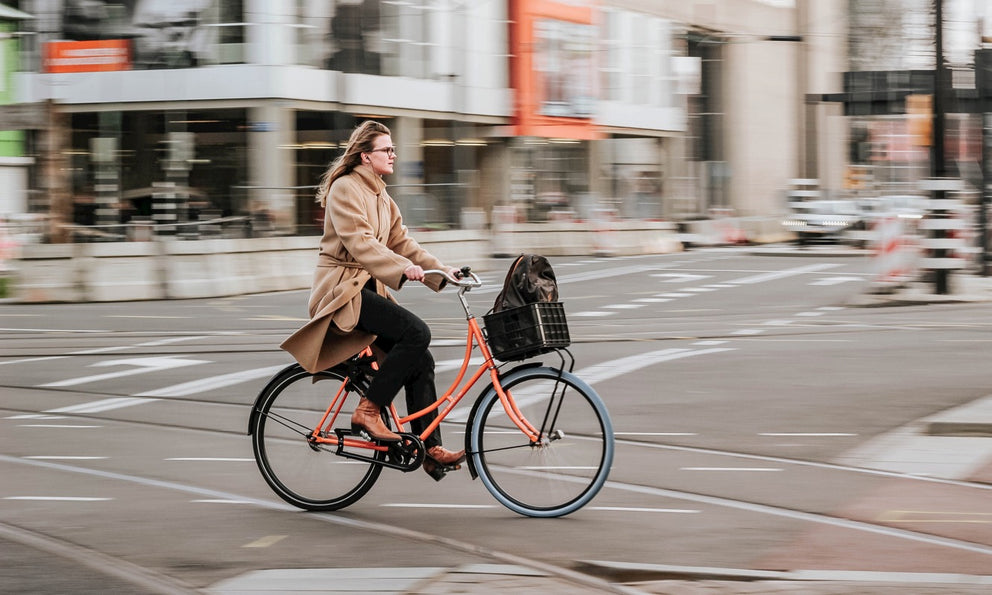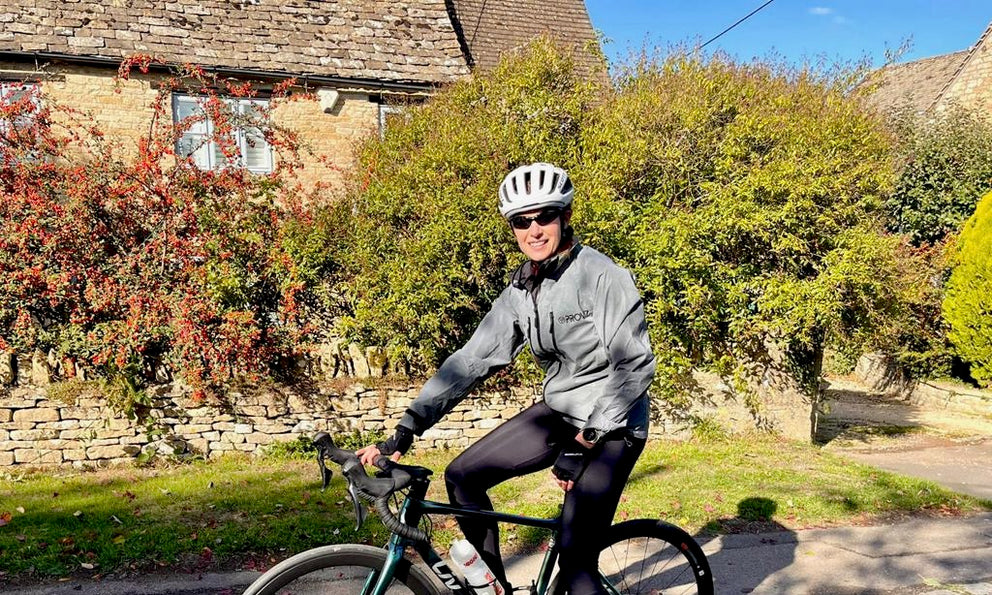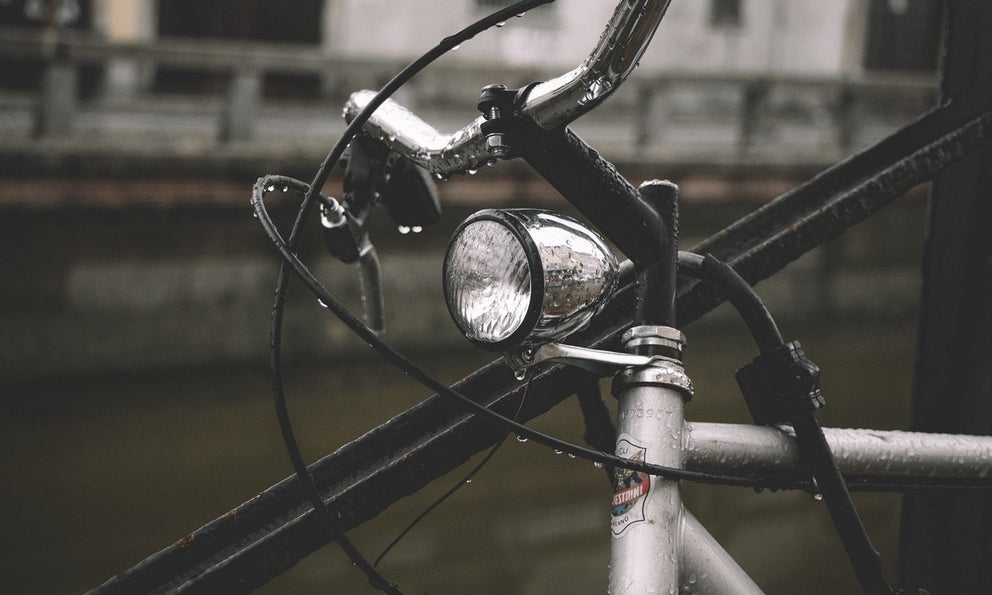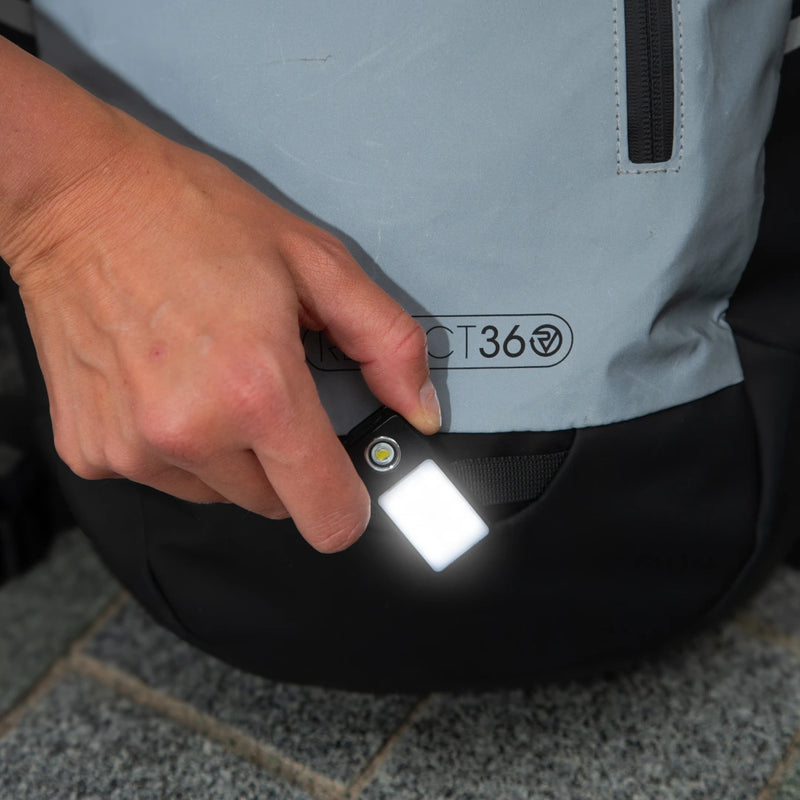What keeps you awake at night? Is it your health and fitness (or lack thereof)? Is it global warming and the sustained harm humans are doing to the planet? Is it the state of your bank balance? Is it your lacklustre performance at work? Is it that you do not spend enough quality time with friends and family?
If it is any or all of the above, changing your habits and cycling to work in 2021 could address each and every one. Although no one in the UK except essential workers is allowed to travel to work at the moment, if you are committed to reaping the benefits of commuting by bike, now is a great time to research which bike to buy (if you need one) and any kit you may need before starting to commute when things return to normal.
Here’s how cycling to work can change your life:
No time to read the article in full? Watch our video on Reasons to Cycle to Work in 2021 instead.
Cycling Improves Your Health and Fitness
Regular cycling improves the function of your heart, lungs and circulatory system, thus reducing your risk of cardiovascular diseases. Aerobic activity such as cycling strengthens your heart muscles, lowers your resting pulse rate and reduces blood fat levels. Exercise has a positive impact on the upper respiratory system and stimulates the production of white blood cells and essential proteins, leaving you with a generally stronger immune system.
The only exercise-related downside of which you should be aware is that intense exercise has the potential to temporarily lower your immune system. This is unlikely to affect you if you are doing gentle – moderate cycle to work and back each day, but if you are using your commute as an opportunity for interval training (who would do that??) or taking on huge training rides at the weekends, you will need to ensure you give yourself adequate recovery time and maintain a healthy diet and sleep pattern to counteract the effect it has on your body. However intensive your cycling regime, it’s still better than getting on a crowded bus or train and running the gauntlet of all the germs that may be on board!
Cycling For Weight Loss
In order to lose weight you need to start burning more calories than you consume. By cycling to work you can burn between 400 and 800 calories per hour, depending on your weight the intensity of your effort. Cycle commuting is an easy way to add exercise into your schedule, especially if you are too time-poor and cash-strapped to kick-off a costly gym habit.
Cycling Improves Your Mental Health and Wellbeing
No one claims that cycling or exercise in general can make all your cares melt away, but studies have shown that cycling can have mental health benefits, because an active lifestyle boosts your mood by releasing adrenaline and endorphins. The time alone with your thoughts can also help you process worries and concerns.
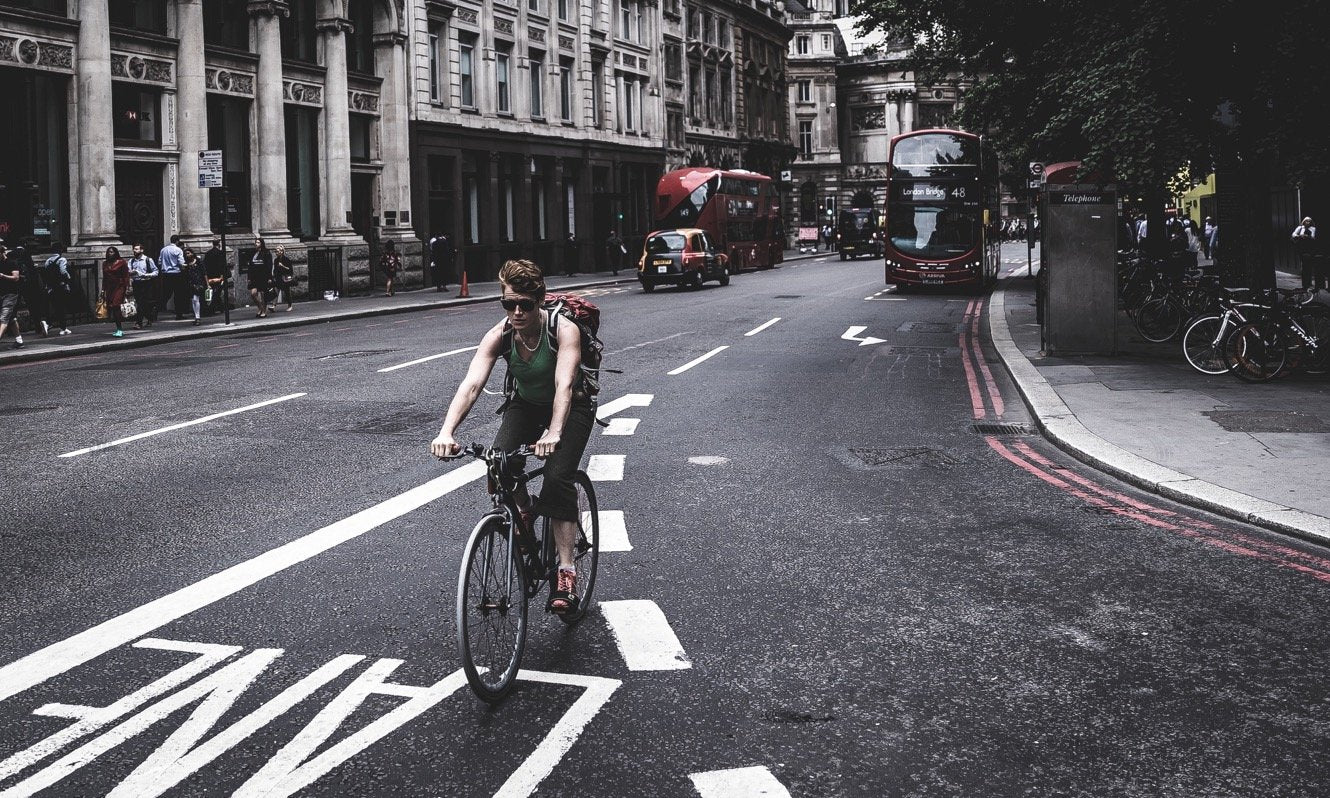
Being a Cycle Commuter is Cheaper Than Driving or Public Transport (and faster than walking or skipping)
Invest in a decent, reliable bike and some trusty kit essentials and, aside from the odd repair here and there and any kit upgrades further down the line, your cycling habit will be free from then on.
Cycling Improves Your Performance at Work
Sitting on a busy bus or crammed in like a sardine on the tube may offer impromptu opportunities to play ‘guess that scent’ when someone wearing far too much aftershave sits down next to you, but it does nothing to refresh your brain.
Cycling into the office will make you feel more awake, energising you from the moment you walk through the door and negating the need to line up espressos on your desk in order to get you into work mode.
Cycling Helps You to De-Stress After a Hard Day
Exercising straight after work helps you to de-stress and take stock. You can use your journey time to gain perspective, focus your mind on how to overcome any issues and think about how you will maximise the potential of projects that are running smoothly.
By cycling home from work, you create a space for thinking (and sometimes overthinking) your work day, meaning you can arrive home ready to focus on an enjoyable evening. Taking your work worries home with you and allowing them to lower your mood and cloud your relationships with the other members of your household sows the seeds for arguments and solitary 4am stress sessions.
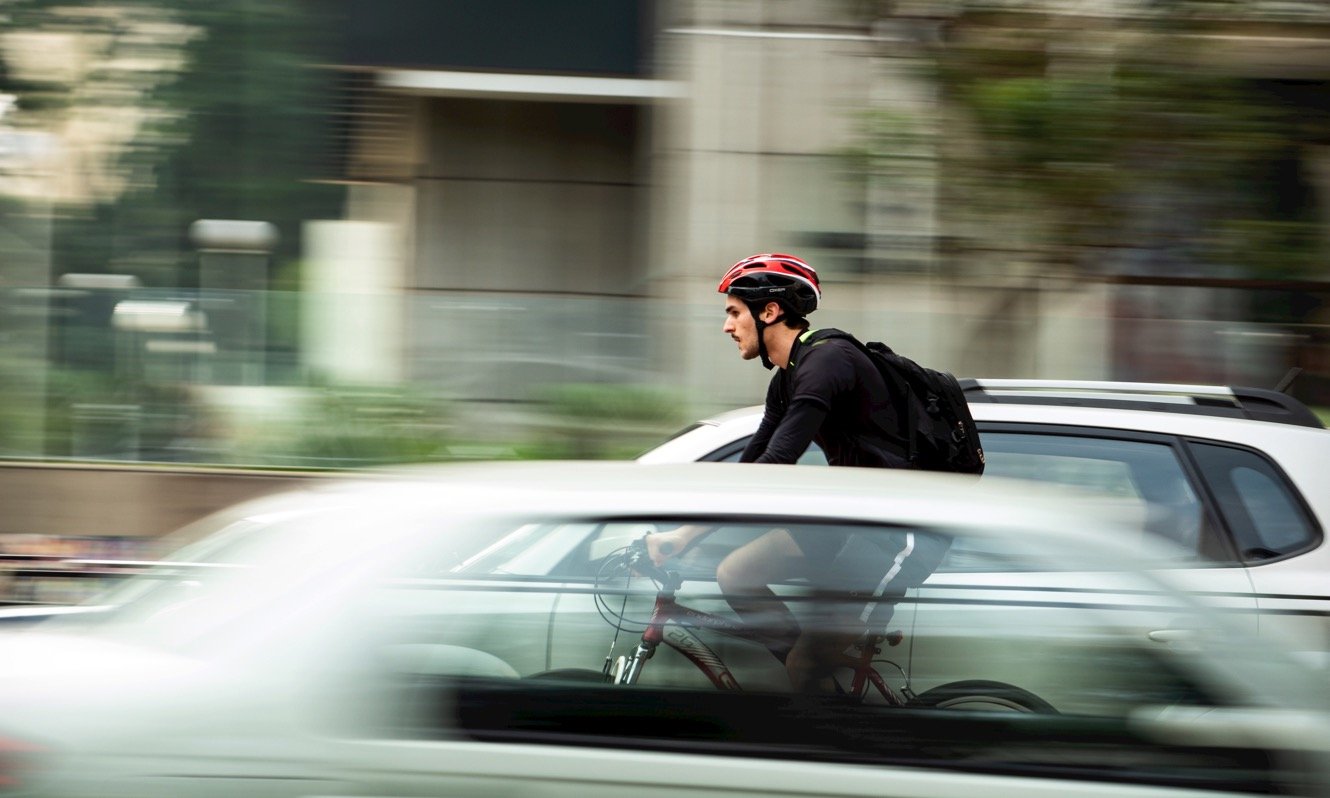
Cycling Helps You Avoid Traffic
We certainly don’t condone taking your life in your hands and weaving in and out of traffic like a bicycle courier in Premium Rush, but even sensible cyclists get to skip the worst congestion on our city streets. The Highway Code authorises cyclists to wait at the front of traffic jams and queues at traffic lights and to skip traffic by using designated cycle lanes.
Cycling is Better For The Environment
By riding your bike to work instead of taking your car you will be reducing both noise and air pollution and contributing fewer greenhouse gas emissions to the atmosphere.
When it comes to your cycling gear, some of the items will inevitably be made using synthetic materials, which regularly get a bad press because they contain plastic and may ultimately contribute to the plastic pollution crisis in our seas and waterways. If this bothers you, imagine how much it bothers eco-minded kit manufacturers, many of whom are constantly looking for ways to reduce their environmental impact by making their processes less wastefully linear more sustainably cyclical.
So, when you buy your cycling kit look for lines that are manufactured using recycled materials. Many businesses, including Proviz, are willing to take back worn out kit so that it can be broken down and recycled again. They may even offer you a discount code to redeem against shiny new kit, so everyone wins, including the planet.
If reading this article has inspired you to consider cycle commuting in 2021, have a look at our recent video about kit essentials for night/winter cycling. If you work 9-5 in the UK you will need kit that helps to keep you safe after dark and in wintery conditions such as fog, mist and drizzle, but you don’t need a whole new wardrobe, just a few key items.




